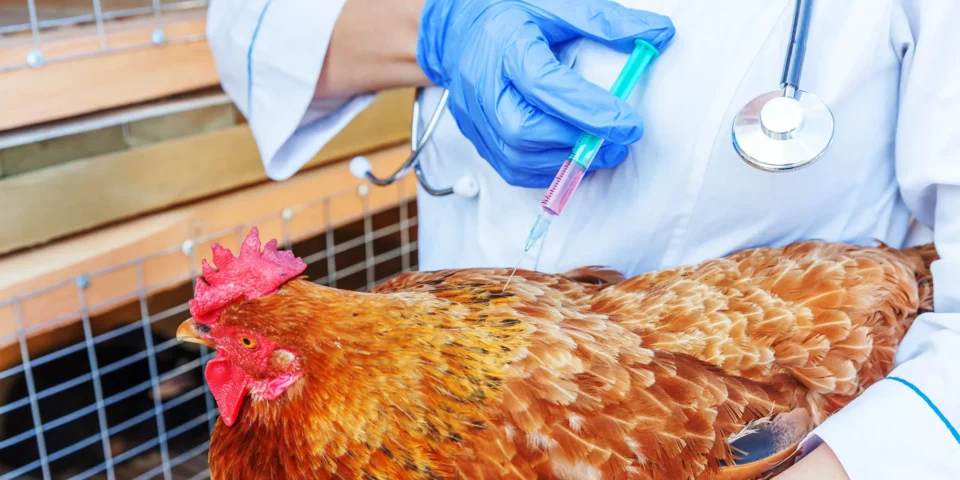South Africa has issued its first-ever avian influenza vaccination permit, marking a pivotal shift in its strategy to combat the devastating effects of highly pathogenic avian influenza (HPAI). The landmark decision—granted in early July 2025—authorizes Astral Foods, one of the country’s leading poultry producers, to vaccinate its broiler breeder stock against HPAI, ushering in a new era of proactive disease management in the sector.
Turning the Tide After Years of Devastation
The move follows years of crippling outbreaks. During the 2023 bird flu crisis alone, South Africa lost nearly 30% of its poultry flock, with the resulting economic damage amounting to billions of rand. Consumers faced egg shortages, soaring prices, and job losses across the poultry value chain. Traditional containment efforts—mainly biosecurity and mass culling—have repeatedly proven inadequate against the scale and frequency of outbreaks.
The new strategy recognizes that vaccination is essential to preserving flock health and economic stability. The initial rollout will target approximately 200,000 breeder birds, which are critical to the reproduction and sustainability of the national poultry herd. Protecting these birds is expected to provide a key line of defense against future outbreaks.
Industry Applauds “Game-Changing” Policy Shift
Poultry industry stakeholders and veterinary experts have welcomed the permit with optimism, calling it a major turning point. The focus on the H5 strain—responsible for recent outbreaks—reflects a science-driven approach to managing the disease. Though a vaccine for the H7 strain is still pending approval, regulatory bodies are expected to expedite its assessment in the coming months.
“This is not just a shift in policy—it’s a shift in mindset,” said one industry executive. “Culling alone is no longer sustainable. Vaccination offers us a future.”
South Africa now joins over 30 countries, including China, France, and Mexico, that have successfully implemented vaccination programs while maintaining food safety standards and export compliance. South Africa’s approach will prioritize strict controls, robust monitoring, and ongoing surveillance to ensure safety and effectiveness.
Preparing, Not Just Reacting
Agricultural economists say the move could bolster investor confidence and lay the groundwork for long-term resilience in South Africa’s poultry sector. However, they caution that the program’s success will hinge on efficient coordination between public agencies and private producers—particularly in vaccine distribution, cold-chain logistics, and data-driven monitoring systems.
As the first doses are administered, South Africa steps forward as a continental leader in animal health innovation. This bold move is more than a defensive response to disease—it’s a forward-looking strategy to safeguard food security, livelihoods, and economic stability.
In the face of evolving viral threats, South Africa is no longer simply containing outbreaks. It’s building resilience.



